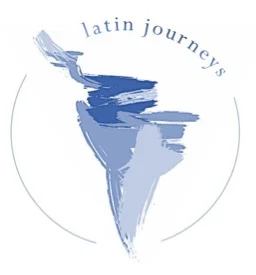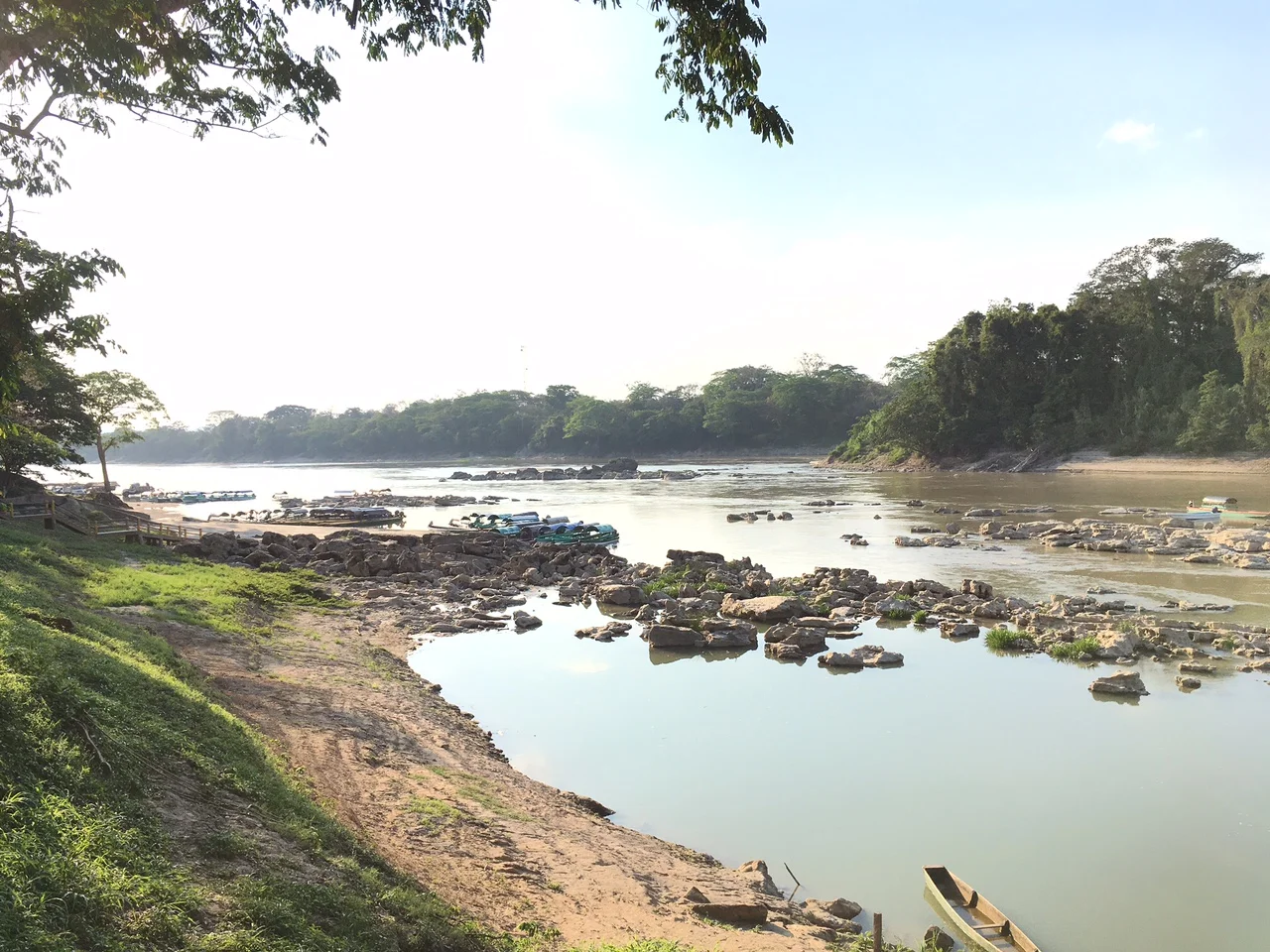Desierto
Two weeks ago I watched a Mexican-made film starring Gael Garcia Bernel (of Motorcycle Diaries fame) called “Desierto”. Without subtitles, I struggled to keep up with the dialogue, but to be honest, this film would have been just as powerful without any words. It follows the journey of a group of hapless immigrants crossing the border on foot from Mexico to the U.S. I do not want to go into too much detail about what happens next, as it is well worth a watch, but the group run into a psychotic vigilante who patrols the border.
The film’s director, Jonas Cuaron (co-writer of “Gravity”), explained that with Desierto he wanted to spark conversation about the phenomenon of immigration in Latin America, a hot topic in the region at the moment. [We complain in the EU about immigration; the U.S.-Mexico border is the most porous in the world.] Mexicans are usually portrayed as the bandits in Hollywood, but Cuaron flipped this in his hard-hitting movie. In fact, as the only ‘gringo’ in the cinema, as the credit roll came up, I felt slightly self-conscious. As you can imagine, Desierto is not a movie that fosters Mexican-warmth towards its northern neighbour and I would not have been surprised if someone had shouted abuse at me, thinking I was from the U.S.
By coincidence a couple of days later, we watched clips of Desierto (on a pirated copy) in a Spanish conversation group I am part of. It brought up a lot of debate. One questions raised was “why do Latins risk the journey to the U.S., paying traffickers $1000s, when Central and South America are booming”?
This got me thinking. In my experience of living in this incredible country, why would Latins want to immigrate to the U.S.? [By the way, I refer to those living on the breadline. If you have money, living anywhere in the world is a pleasure.] When I cycled across the U.S., I remember a town in Illinois which had a very Mexican feel. It turned out the Mexican diaspora were working in meat production factories, slaughtering and processing poultry. I recently chatted with an old cleaner working in our housing complex. He spoke perfect English. It turned out he had lived in the U.S. most of his life doing various jobs. But he had been there illegally and a couple of years ago deported. He left behind daughters who had been born in the U.S. and were therefore citizens, but could not visit them. In the same vain, Katy Watson, the BBC Mexico correspondent, reported earlier this month on split Mexican families who were allowed a brief ‘hug’ at the border. Plus, there is increasing tension against the Latin community in the U.S. It all sounds grim. But there are two obvious reasons why people are drawn to the northern powerhouse: poverty and security.
Yes, some of the Latin American economies are growing (except Panama, I would not say booming anymore), but the inequality of wealth here cannot be overstated. To deviate slightly, the tipping system here is a minefield. You tip for everything. Restaurants, people helping you park your car, hairdressers, the people who clean your shoulders of hair after a haircut, bag packers at supermarket, people who help you pay tolls, musicians in the street, the list is endless. My girlfriend and I recently discussed how you leave your house without small change at your peril. Initially it annoyed me that I had to pay a man waving a flag 5p to help me reverse my car in an empty car park (I pride myself of my parking), but then, back to the point, I found out that these people live on tips. In restaurants, waiters might earn a salary under £200 a month. And this is in Mexico City, the country’s hub. In the countryside, and particularly south, the salaries can be pitiful. Labour is cheap, very cheap. Latinos head to the U.S. as, even at the bottom of the food chain, you can earn in a month what at home you will earn in a year.
It goes without saying that remittances are vital to the Mexican economy. In 2010, Mexicans working in the U.S. sent back more than $22 billion in remittances, accounting for 2.1% of Mexican GDP. In Mexico’s poorest areas, they can make up 19.5% of local income.
As for security, well we all have an understanding of the situation in Central America. Drugs are big business and intertwined with the region’s economies and politics. I will not go into too much detail now on narcos and security, it is a complex and vast subject which I am still reading up on (and without doubt it will take up a major part of this blog in the future), but for many fear and violence is part of everyday life. El Salvador and Honduras are in a mess. Mexico, the base of all of Central America’s gangs, has what one can only describe as a civil war raging in some regions. I do not feel it in the Mexico City bubble, but one look at the front pages of the newspapers, with pictures of dead and mutilated bodies, makes it all to clear. The situation was far worse ten years ago. I met a man climbing who had relocated his family to the Yucatan after a violent burglary (he did not go into detail) and another person told me you would always leave the house with only the money you needed and not walk the streets at night; all happening in the safest neighbourhoods.
But some say that under President Enrique Peña-Nieto, security is once again slipping. The rich always travel with bodyguards. I saw a young girl on Saturday walking a dog with a number of suited heavies behind her (subtle). Similarly, I once saw a man driving his young son in a classic Mercedes followed by a fleet of blacked out Chevrolet Suburban SUVs (again, subtle). In a number of states – including, Guerrero, Michoacán and Sinaloa – locals not involved with narcos have formed armed groups as protection. As always, the police are in the pocket of the narcos. People are heading to the U.S. to escape unimaginable violence and fear.
One last point on this, with wages so low, and narcos making fortunes, do you blame young men for entering a world of violence and destruction. Plus, they are not consuming the drugs themselves. They are feeding the Western demand. In the UK, we are obsessed about where our produce and products come from, be it free range eggs, organic meat or clothing not made in sweat shops in Bangladesh. But how often do we wonder about where are drugs come from and the hell it creates for some regions?
Finally for now, back to Desierto and the border crossing. I know U.S. locals have formed vigilante groups to patrol the border but I will endeavour to find out more and report back. I can fully appreciate why people are concerned about immigration. We all are and there is that natural fear of the foreign and unknown (this is a very simplistic comment I know). But what does bother me is how people dress up in military garb, purchase the latest semi-automatic rifle and take pleasure in rounding up desperate immigrants. Was modern U.S. not founded on immigration? Plus, the U.S. has intervened so often in Latin America, always for its own benefit, creating many of the current problems. We in the West just have no idea how hard it is for some people.




